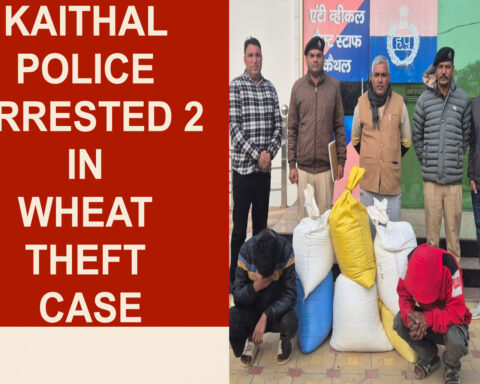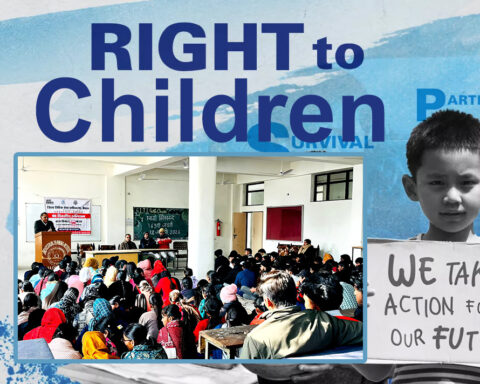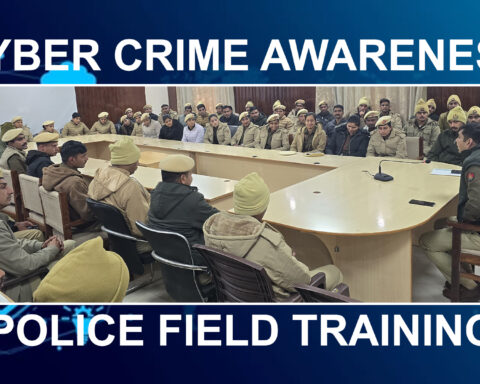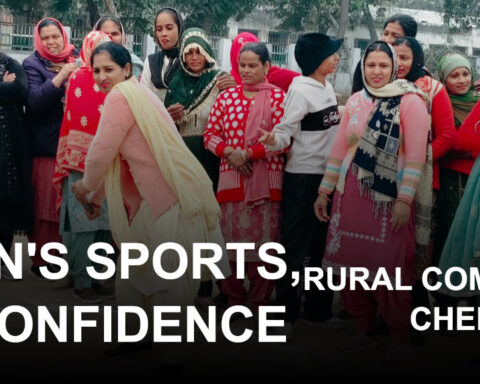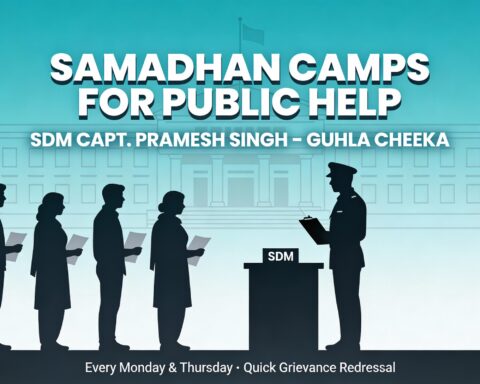Gender Ratio Awareness Drive Held in Agondh Village
Introduction: A Step Toward Social Balance
On Saturday, the Women and Child Development (WCD) Department organized a crucial awareness program under the Poshan Abhiyaan. The event took place at the Anganwadi Center in Agondh village, part of Guhla block. The focus was on educating villagers, especially women, about the importance of improving the declining gender ratio.
In recent years, skewed gender ratios have led to deep-rooted social challenges. This initiative reflects a growing public concern and the need for community participation to restore balance in society.
The Alarming Gender Disparity in Agondh
Supervisor Kavita informed attendees that Agondh village has a notably poor gender ratio. The number of boys significantly exceeds the number of girls, which disturbs the natural demographic balance.
This gender imbalance leads to serious consequences for future generations. It reduces opportunities for girls and increases social pressures, such as early marriages and crimes against women.
The department’s Program Officer, Gurjeet Kaur, emphasized that the goal is not just awareness but action. When communities understand the harmful impact of gender inequality, they are more likely to take steps to prevent it.
Key Message: Gender Testing is a Crime
One of the strongest messages shared during the session was that gender determination before birth is illegal. Women were clearly told that sex-selective testing is a punishable crime under Indian law.
Officials urged villagers to be vigilant. If anyone knows about such unlawful activities, they should inform authorities discreetly. Protecting the identity of whistleblowers was guaranteed, encouraging more people to come forward.
This call for community involvement received positive responses, as many women expressed their willingness to support the mission.
Encouraging Women’s Role in Change
Transitioning toward a gender-equal society requires support from women themselves. During the program, several women participated and shared their thoughts.
The women present included Parineeta, Anganwadi workers Simran and Leelawanti, ASHA worker Soni, and Rajvinder. Together, they listened, discussed, and understood their vital role in changing attitudes.
By raising awareness among mothers, caregivers, and women leaders, the campaign hopes to create lasting change. Public sentiment strongly supports protecting daughters and giving them equal rights.
Additional Focus: Menstrual Hygiene and Breastfeeding
Besides gender ratio awareness, the program also addressed two more essential topics: menstrual hygiene and breastfeeding.
Women were educated on how to maintain hygiene during menstruation. This topic is often ignored due to social taboos, but it affects women’s health significantly. Open discussions helped to break myths and reduce hesitation.
Breastfeeding awareness was another highlight. Mothers were told about the benefits of exclusive breastfeeding for the first six months. It ensures proper nutrition and strengthens the bond between mother and child.
Public Support and Positive Response
The local community appreciated the efforts of the WCD department. Villagers said they were thankful for the valuable information and practical guidance provided during the session.
Most attendees agreed that more such awareness drives are needed regularly. Educating rural areas about gender equality and women’s health can create a healthier and more balanced society.
The feedback indicated growing public support for girls’ education, fair treatment, and legal enforcement against sex-based discrimination.
Next Steps: Keeping the Momentum Alive
For sustainable change, it is important to continue these initiatives. The department plans to hold follow-up sessions and involve local schools and youth clubs in future drives.
Mobile health units, counseling centers, and support networks for women will be promoted as well. These efforts are expected to improve both gender balance and overall health standards in villages.
Through awareness and action, communities like Agondh can lead the way in building a society where boys and girls are equally valued.
Conclusion: A Small Village Leading a Big Change
What started as a local event in Agondh holds a powerful message for all of India. Gender equality is not just a legal issue — it’s a social responsibility.
The WCD department’s campaign has shown that with community support, even small villages can spark big changes. A future where every child is welcomed, regardless of gender, is not just a dream — it is a goal worth striving for.











